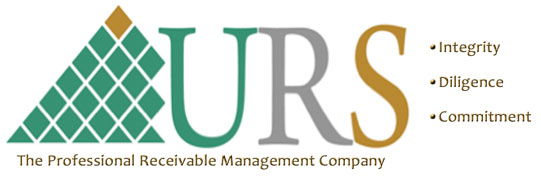Medical practices seeking greater operating efficiency and improving bottom lines are implementing more stringent registration, billing and data collection policies. Practices failing to implement and take charge are likely to lose literally hundreds of thousands of dollars annually.
Some common and frequent problems directly related and often overlooked or ignored start at registration. Patient registration is the key to ensuring near perfect practice efficiency. Patient registration forms must ask and include ALL pertinent demographic information and must be carefully reviewed for accuracy and completeness by front desk personnel prior to patients seeing doctors.
Medical practices seeing new patients should schedule appointments 48 hours in advance allowing sufficient time for staff to validate insurance eligibility, obtaining authorizations, granting or obtaining referrals and patient demographics. When questions arise or incomplete information is discovered, practice staffs need to immediately contact patient and/or guarantor to make necessary corrections.
One important step to further streamlining the practice and these critical areas is informing both new and returning patients which credit cards are accepted, co-pay amounts, credit policies for patients with deductibles and those without insurance.
In conclusion, although these `efficiency’ components sound reasonable and logical, many practices do adhere to such policies however, many do not resulting in significant amounts of unearned revenues.
The professional medical billing team at URS Billing Services is keenly aware of the financial benefits these policies generate and highly recommends they become integral to all medical practices.
